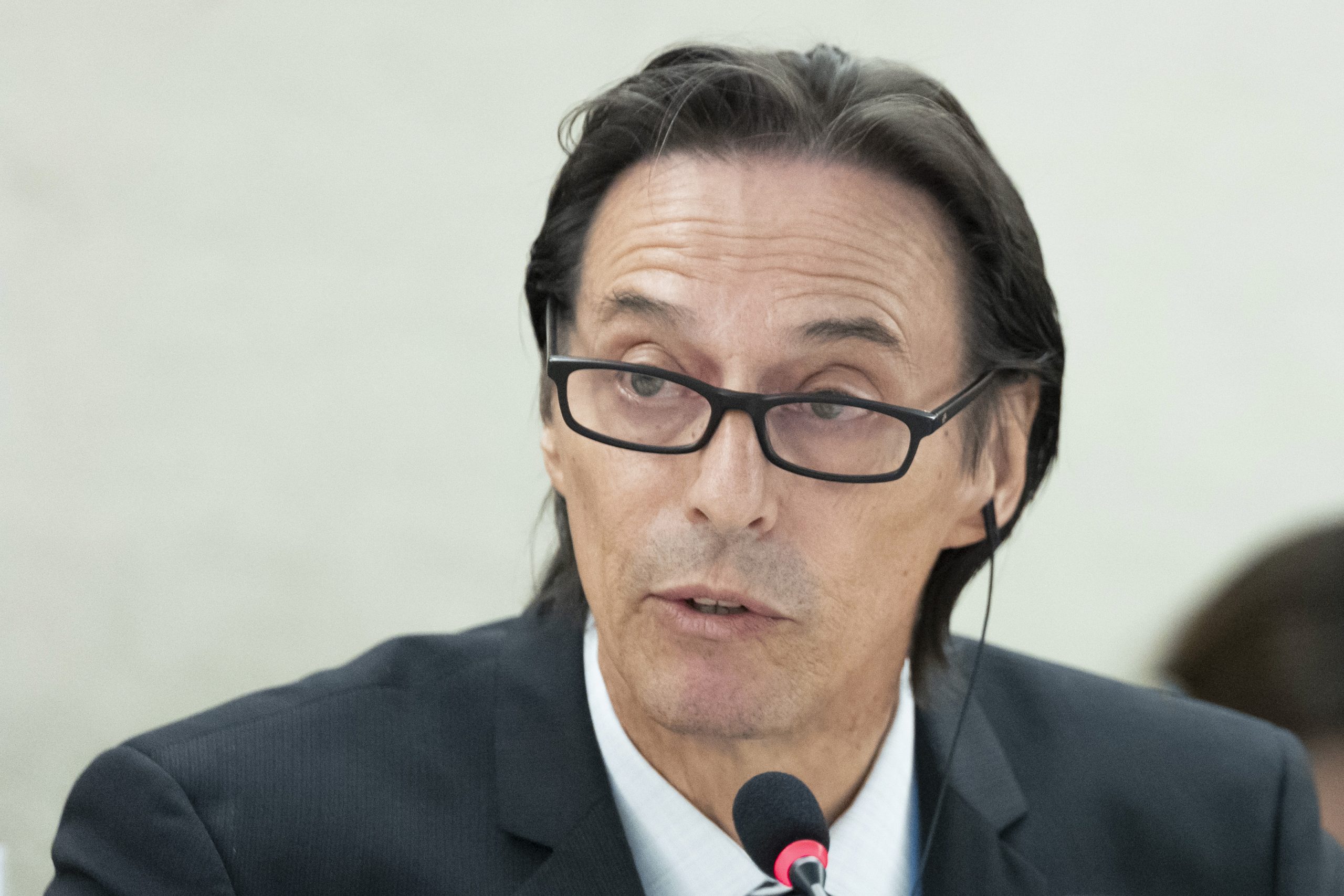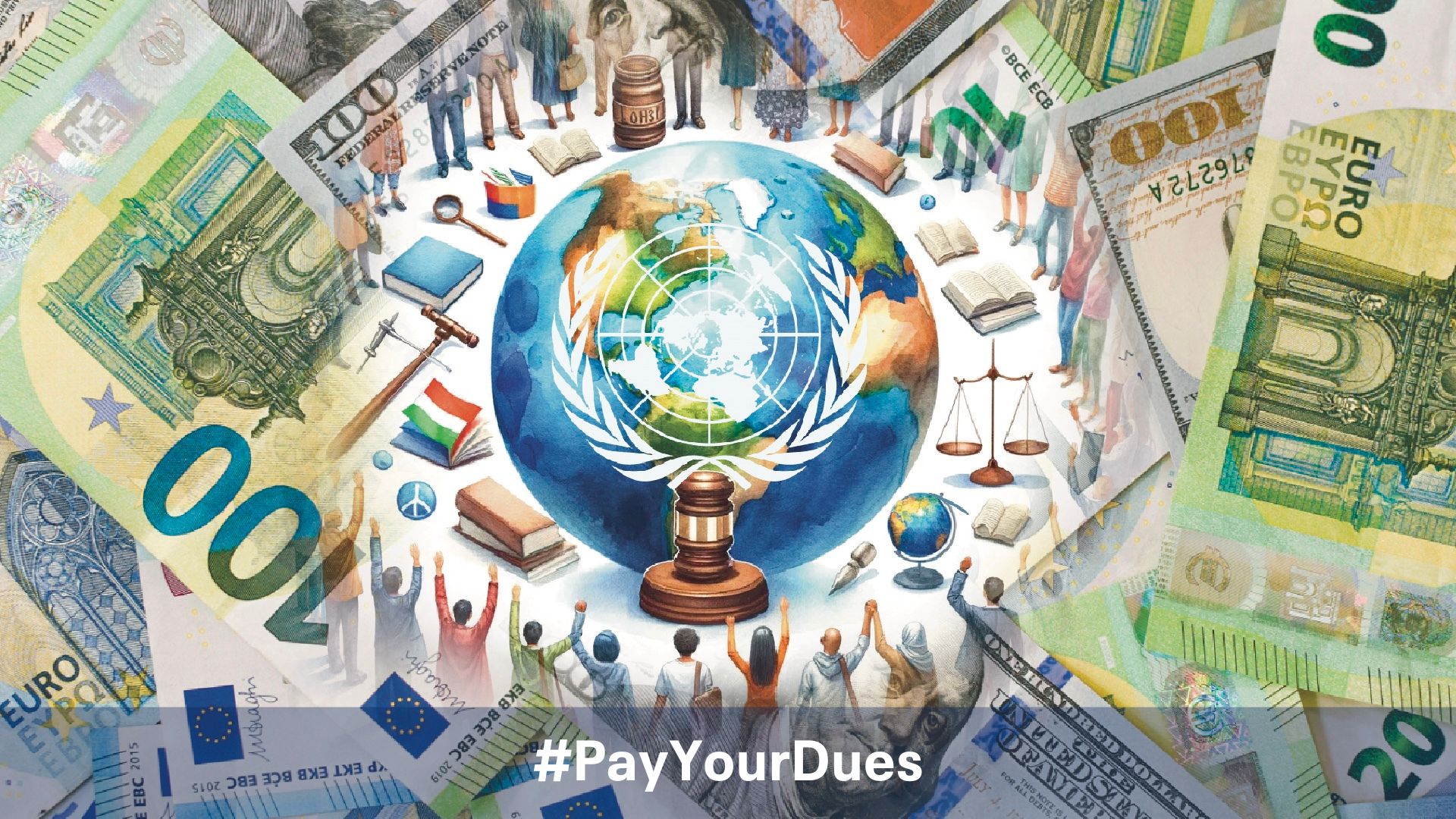‘Treat mandate-holders with dignity and respect’, said the President of the Human Rights Council, Vojislav Suc, to States at the UN General Assembly on Friday, when he came to report on the Council’s 2018 work.
The President of the Human Rights Council’s words were welcomed by ISHR’s Eleanor Openshaw.
‘Not only did the President clearly denounce threats against independent experts – something the President of the General Assembly and the Chair of the Third Committee have yet to do – but also called on States to make more of their work in the UN’s prevention agenda’, she noted.
‘Very often UN independent experts have a very good sense of what is going on’, added Openshaw. ‘Their findings should be central to efforts to understand a human rights situation and figure out what to do about it.’
Special Procedures – independent experts mandated to monitor and report on human rights violations – are created by the Human Rights Council – ie States. Most report annually to the Human Rights Council in Geneva and the Third Committee in New York. Threats against the UN Commission of Inquiry on Burundi were made by Burundi at the Third Committee earlier this month.
Several States also spoke up in support of Special Procedures and the need to cooperate with them, including Chile, Nigeria, and the European Union member States. Bangladesh condemned the ‘abuse and denigrating views’ expressed against the Commission of Inquiry on Burundi.
In regard to civil society actors, the President noted that their active participation was essential to the work of the Council. Significantly, he attributed the Council’s very success to the interplay between categories of stakeholders – member States, observer States and civil society.
‘The possibilities for civil society to engage at the Third Committee are more limited than at the Human Rights Council’, said Openshaw. ‘That the President confirms the value of civil society’s contribution in Geneva should encourage New York bodies to seek greater civil society input.’
The relationship between the General Assembly and the Human Rights Council is commonly reflected upon during the annual dialogue with the Council President. This year, the review of the status of the Human Rights Council – possible as early as 2021 – seemed to hang in the air as several States made note that the Council is subordinate to the General Assembly.
In January, the presidency of the Human Rights Council will pass from Slovenia to Senegal.
Contact: Eleanor Openshaw, [email protected]
Photo: UN Photo / Jean-Marc Ferré




